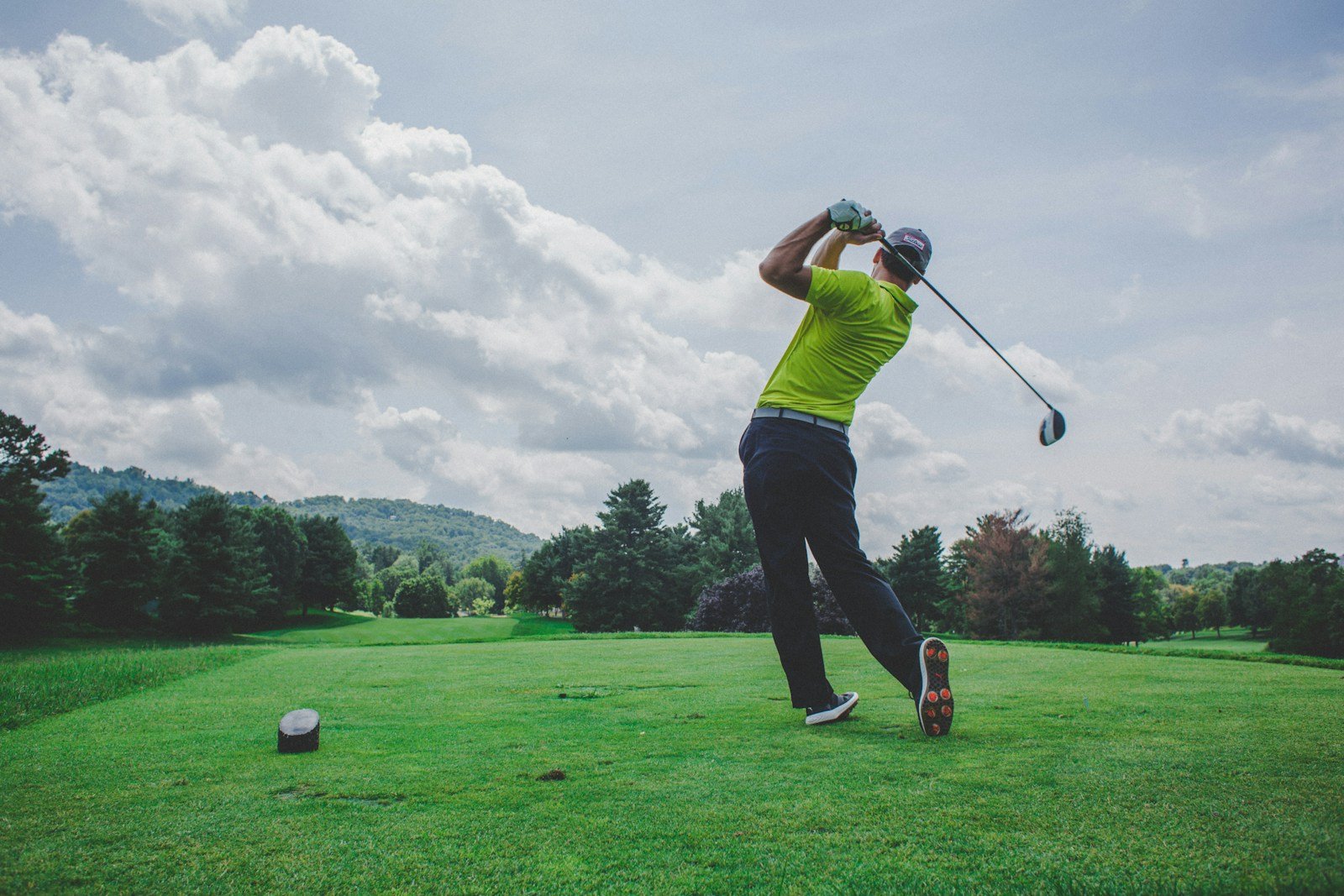Understanding Your Game
The-ultimate-training-guide-to-winning and To excel in any sport or competitive activity, a thorough understanding of the fundamentals is essential. To excel in any sport or competitive activity, a thorough understanding of the fundamentals is essential. This encompasses not only the basic rules and objectives of the game but also the underlying strategies that can significantly influence performance. Familiarizing oneself with the core principles allows athletes to grasp what is required to succeed, creating a solid foundation upon which they can build their skills.
Each game has specific rules that govern play, and mastering these regulations is crucial. This knowledge prevents common mistakes that could lead to penalties or lost opportunities during competition. Additionally, an understanding of game objectives ensures that the athlete remains focused on what is most important: achieving victory by scoring points, completing objectives, or outmaneuvering opponents. By internalizing these elements, players can make more informed decisions in high-pressure situations.
Moreover, delving into gameplay strategies provides a competitive edge. By analyzing different tactics utilized by successful competitors, athletes can identify effective techniques to incorporate into their training routines. This analysis not only enhances their own game play but also aids in anticipating and countering the strategies of opponents, thus leading to more effective performance during matches.
Furthermore, maintaining a reflective practice by reviewing past performances is integral to improving one’s game. By assessing previous competitions, players can identify strengths and weaknesses, tailoring their training to address areas needing improvement. This proactive approach fosters continuous growth and adaptation in evolving game scenarios. Overall, a comprehensive understanding of the game forms the bedrock of successful training, enabling athletes to optimize their efforts and achieve greater levels of excellence within their sport.
Physical Conditioning and Skill Development
Physical conditioning and skill development serve as the cornerstone of any successful athlete’s training regimen. To excel in your game, focusing on comprehensive conditioning that encompasses strength training, cardiovascular fitness, and flexibility exercises is essential. Each of these components contributes to enhanced performance, reduced risk of injury, and improved resilience over the course of competitions.
Strength training is vital, as it builds essential muscle groups necessary for power and endurance specific to your sport. Resistance exercises can include weightlifting, bodyweight workouts, and sport-specific movement patterns that directly translate to improved performance on the field or court. A well-structured strength program should stress major muscle groups while ensuring adequate recovery to maximize gains and avoid overtraining.
Cardiovascular fitness is equally important, as it allows athletes to maintain energy levels throughout events. Incorporating aerobic exercises such as running, cycling, or swimming not only enhances stamina but also aids in faster recovery times between intensive training sessions. Interval training, characterized by alternating bursts of high-intensity activity with periods of lower-intensity recovery, can be particularly effective in simulating game conditions.
Flexibility exercises, such as stretching and yoga, should not be overlooked. Regular flexibility training enhances joint range of motion, providing athletes with greater agility and reducing the likelihood of injuries. Dynamic stretching before workouts and static stretching post-training are pivotal in ensuring muscle elasticity and overall physical health.
In conjunction with physical conditioning, skill development through targeted drills is crucial. Regular practice sessions focused on specific skills relevant to your sport help reinforce technique, increase accuracy, and build muscle memory, ultimately leading to greater effectiveness in competition. By integrating these elements into a structured training schedule, athletes can achieve a balanced regimen that heightens both physiological capabilities and technical proficiency, fostering peak performance when it counts the most.
Mental Preparation and Game Psychology
Mental preparation is a crucial component in achieving success across various competitive landscapes, including sports, gaming, and other high-pressure environments. Developing mental resilience enables individuals to face challenges with confidence and poise, ultimately enhancing performance. Techniques such as visualization exercises play a significant role in mental preparation. Through vivid imagery of successful execution, participants can create a robust mental framework that guides their physical actions during a game. This mental rehearsal is instrumental in reinforcing muscle memory and improving focus.
Furthermore, stress management strategies are essential in maintaining optimal performance levels. High-stress situations can negate physical capabilities and lead to suboptimal decision-making. Techniques such as controlled breathing, mindfulness, and progressive muscle relaxation can help players remain calm under pressure. By practicing these methods, individuals can train their minds to respond positively during critical game moments, thereby bolstering their competitive edge.
Positive self-talk is another tool that contributes significantly to mental preparation. The way individuals communicate with themselves can profoundly affect their overall performance. By fostering a growth mindset and replacing negative thoughts with positive affirmations, players can bolster their confidence and resilience. This shift in mindset encourages a focus on learning from mistakes rather than succumbing to self-doubt, allowing for continuous improvement.
Moreover, analyzing game situations mentally is vital to building a winning mindset. Reflection on previous performances, including identifying strengths and weaknesses, equips players with the knowledge necessary for improvement. This analytical approach helps in strategizing responses to various challenges faced during competitions. Therefore, embracing mental preparation not only enhances individual performance but also fosters a holistic approach to success, where mental toughness is recognized as equally important as physical skill. In conclusion, by prioritizing mental resilience, focus, and the right mindset, individuals can effectively position themselves for success in any competitive scenario.
Creating a Winning Strategy and Game Plan
Developing a winning strategy and game plan is crucial for achieving success in any competitive environment. This process begins with a thorough self-assessment of one’s strengths and weaknesses. By identifying what you excel at and where you may need improvement, you can devise a strategy that maximizes your advantages while addressing areas for growth. Additionally, understanding the strengths and weaknesses of your opponents is equally vital. Conducting a detailed analysis of their gameplay, style, and previous performances will enable you to adjust your strategy accordingly and exploit any vulnerabilities.
Setting achievable goals is a foundational aspect of a sound game plan. These goals should be specific, measurable, attainable, relevant, and time-bound (SMART). By establishing such targets, you can track your progress and maintain motivation throughout your training and competitive performance. It is essential to ensure that these goals not only reflect your personal aspirations but also align with the overall vision of the team or organization you represent.
Adaptability plays a major role in executing a successful strategy. A good game plan must not be static but should evolve based on the dynamics of the competition. This adaptability involves anticipating different scenarios and preparing responses for various situations that may arise during the game. Simulations and drills that mimic real-game conditions can significantly enhance your ability to think on your feet and make tactical decisions in real-time.
In conclusion, a robust game plan that combines thoughtful preparation and adaptability can dramatically increase your chances of success in competitive situations. Through strategic goal-setting, self-assessment, and an awareness of your opponents, you can develop a comprehensive strategy that not only enhances your capabilities but also prepares you for any challenges that may come your way.



